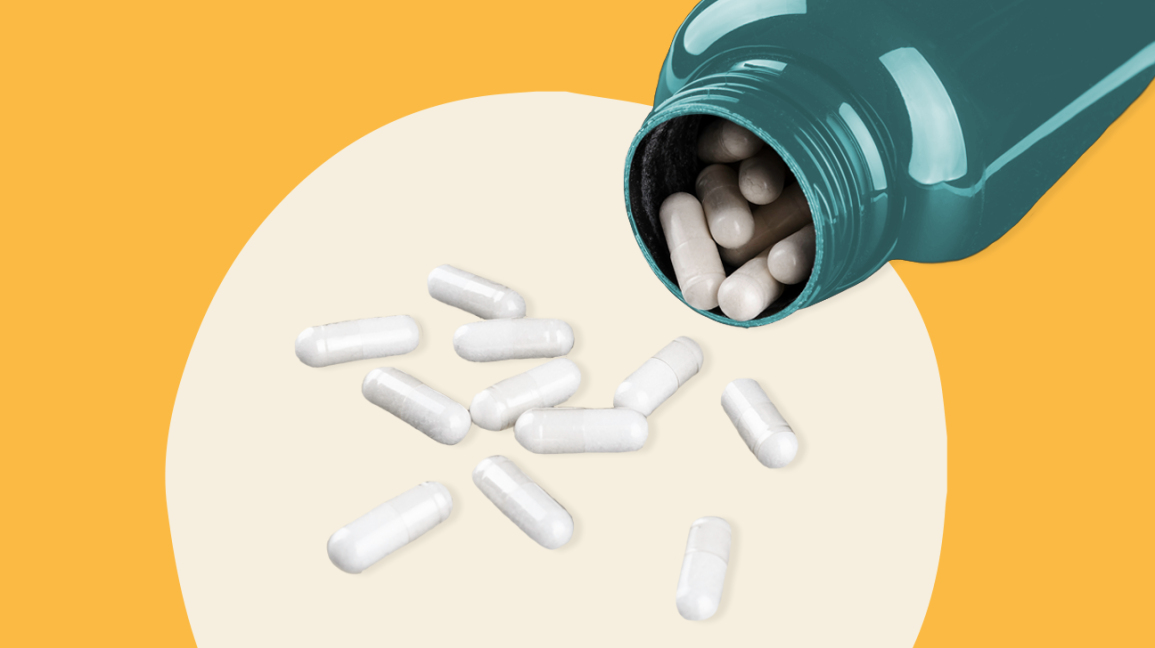Countless millions of individuals around the world suffer from acne, a prevalent skin problem. The face, neck, chest, and back manifest as pimples, blackheads, and whiteheads. The causes of acne are complex and multi-factorial, including hormonal changes, genetics, diet, and environmental factors. Acne can have physical and emotional effects, including inflammation, scarring, pimple, hyperpigmentation, and low self-esteem. To better understand acne and learn how to manage it properly, we’ll look at its causes, symptoms, and available treatments in this blog post.
ZINC PICOLINATE AND ACNE
The body can more easily absorb zinc when it is in the form of zinc picolinate, which is zinc bond to picolinic acid. It is believe that zinc picolinate can help to improve acne by reducing inflammation, inhibiting the growth of the Propionibacterium acnes (P. acnes) bacteria, regulating the activity of hormones, supporting the immune system, and promoting collagen production.
Research has suggested that individuals with acne tend to have lower levels of zinc in their blood compared to those without acne. Studies have found that supplementing with zinc can help to improve acne symptoms.
TYPES OF ACNE
There are several types of acne, including:
Comedonal acne:
The appearance of black and whiteheads on the skin characterize this type of acne. These are cause by clog pores fill with oil and dead skin cells.
Inflammatory acne:
The appearance of red, swollen, and painful pimples characterizes this type of acne. These are caused by bacteria that infect the clogged pores and cause inflammation.
Cystic acne:
This type of acne is characterized by the appearance of large, painful, and deep cysts on the skin. These cysts can be filled with pus and cause scarring if not treated properly.
Hormonal acne:
This type of acne is caused by hormonal changes, particularly those involving androgens (male hormones), and often appears on the lower face, jawline, and neck.
CAUSES OF ACNE
Several variables contribute to acne, including:
Hormonal changes: During puberty, increased levels of androgens (male hormones) can cause the sebaceous glands in the skin to produce more oil, leading to clogged pores and acne. Hormonal changes in women can also lead to acne, particularly during menstruation and pregnancy.
Genetics: Acne can run in families, and certain genetic factors may make a person more susceptible to developing the condition.
Bacteria: The Propionibacterium acnes (P. acnes) bacteria that live on the skin can become trapped in clogged pores, leading to inflammation and the formation of pimples.
Oily buildup and dead skin cells: Sebum, an oily material made by the skin’s sebaceous glands, can combine with dead skin cells to block pores.
Certain medications: Some medications, such as corticosteroids and lithium, can cause acne as a side effect.
Diet: Consuming high glycemic index foods, chocolate, and dairy products may contribute to the formation of acne.
Environmental factors: Exposure to pollutants, grease, and other environmental toxins can contribute to acne by clogging pores and causing inflammation.
EFFECTS OF ACNE ON SKIN
Acne can have several effects on the skin, including:
Inflammation:
Acne can cause the skin to become red, swollen, and painful. This is due to the body’s immune response to the bacteria and oil trapped in clogged pores.
Scarring:
Acne can cause scarring on the skin, which can be either raised or depressed. Raised scars are called keloids, while depressed scars are called ice-pick scars.
Hyperpigmentation:
Acne can also cause dark spots or patches on the skin, known as post-inflammatory hyperpigmentation.
Low self-esteem:
Acne can affect a person’s self-esteem and self-confidence, especially if it is severe or persistent.
Emotional impact:
Acne can lead to anxiety and depression and cause social isolation.
BENEFITS OF ZINC FOR ACNE
Zinc is a necessary mineral that is useful for treating acne and needed for preserving the health of the skin. The body can more easily absorb zinc when it is in the form of zinc picolinate, which is zinc bonded to picolinic acid. It is available as an oral supplement, topical gel, cream, or lotion.
Anti-inflammatory properties:
One of the main ways zinc can help improve acne is its anti-inflammatory properties. Inflammation is a crucial contributor to the development of acne, and zinc has been found to reduce the redness, swelling, and pain associated with the condition.
Antibacterial properties:
Another way that zinc can help to improve acne is through its antibacterial properties. A skin-dwelling bacterium called Propionibacterium acnes (P. acnes) has been linked to the emergence of acne. Zinc has been found to inhibit the growth of P. acnes, which can help to reduce the number of pimples and other acne lesions.
Hormonal balance:
Hormonal changes, particularly those involving androgens (male hormones), can contribute to the development of acne. The action of hormones like androgens is regulated by zinc, which can lessen the severity of acne.
Immune system support:
Zinc is essential for the proper functioning of the immune system, which can help reduce acne’s severity. A healthy immune system can help to fight off the P. acnes bacteria and reduce inflammation.
Collagen production:
Zinc is require for collagen production, vital for healing acne scars. Collagen is a protein that helps give the skin its structure and elasticity and plays a crucial role in healing.
ZINC PICOLINATE
Ephuroalabs Zinc Picolinate is a well-liked dietary supplement in the US. The immune system is more effective due to the zinc supplement’s increased production of white blood cells because the Ephuroalabs Zinc Picolinate supplement is NON-GMO, lactose, gluten, and nut-free.
CONCLUSION
The prevalence of acne can harm a person’s physical and mental health. If you are experiencing symptoms of acne, it is vital to seek professional advice from a dermatologist to develop an appropriate treatment plan tailored to your individual needs. Remember, early intervention and treatment can prevent acne from getting worse and reduce the risk of scarring. Read More Articles!
